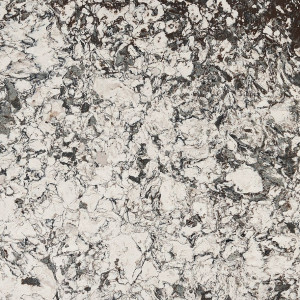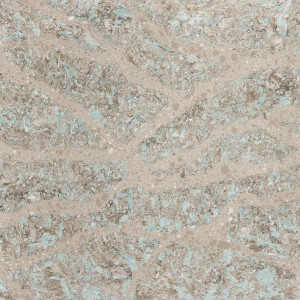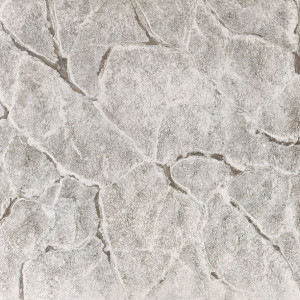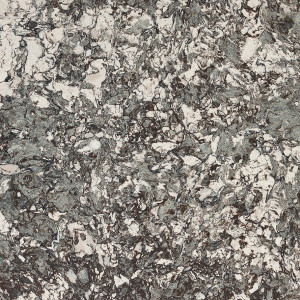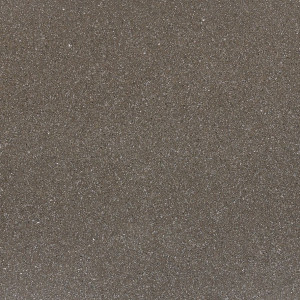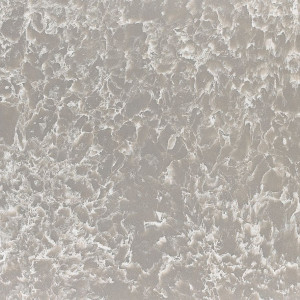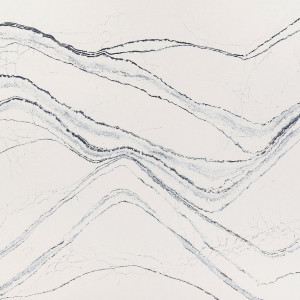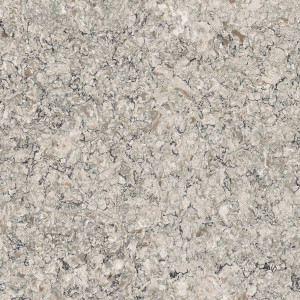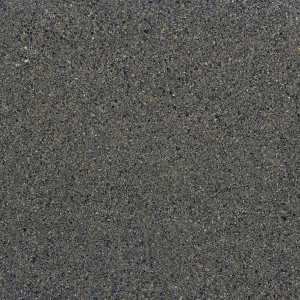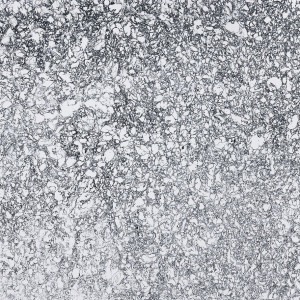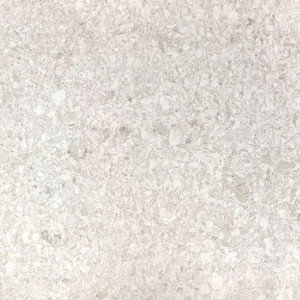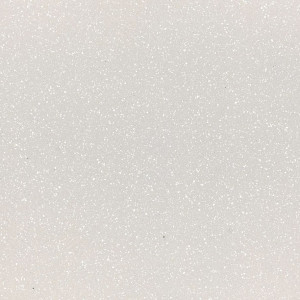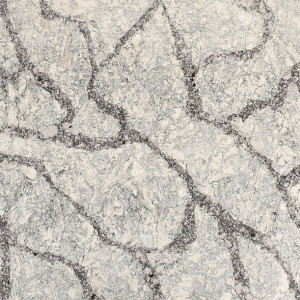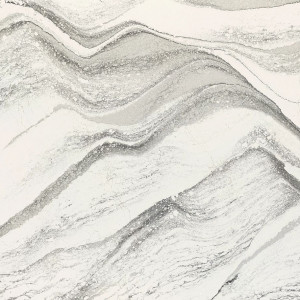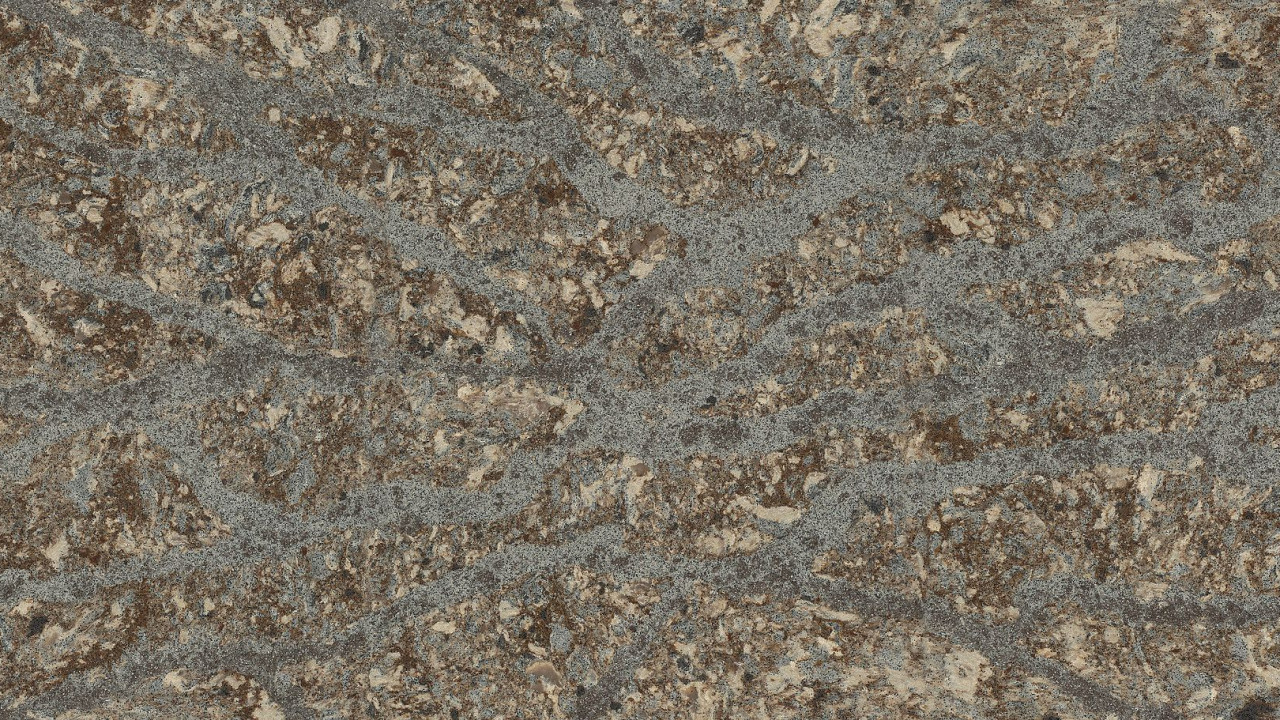
Helmsley Quartz
Helmsley is a quartz stone with many different colors that cover it. The theme of the quartz surface has a medieval appearance. Regaling the home with the North Yorkshire inspiration that the stone is inspired by, the Helmsley is typically used for homes with a traditional setting.
This kind of quartz is especially well-known amongst homeowners that want a little glamor in their indoor spaces. The interior of your home can be arranged in a way that maximizes the appeal of the high-end home decor. Homeowners typically add in different pieces that will accentuate an atmosphere that truly emphasize the class and distinction of the stone. The Helmsley is a stone that combines a triad of palettes including a beige, brown, and gray combination. Swirling in a stream of gray with dark speckles, the stone illustrates a particular design that uses light and dark brown spots. Rooted from a sense of traditional colors, the Helmsley is regarded as the stone that most homeowners would install for applications like fireplace surrounds and vanity tops. Homeowners will understand the benefits of using the Helmsley as a piece to centralize well-organized aesthetics.
Material Type: Quartz
Country of origin: Other
Colors: Grey, Beige, Brown, Black
- 1. Do quartz countertops need to be sealed?
- Quartz is a non-porous material and therefore it does not need to be sealed.
- 2. Is quartz heat resistant?
- While quartz countertops can withstand some heat, it is always recommended to use trivets when placing hot objects on quartz countertops.
- 3. Can I cut on a quartz countertop?
- Quartz is scratch resistant, however it is always recommended to use a cutting board when cutting on the countertops.
- 4. Is quartz stain resistant?
- Yes, unlike natural stone, quartz is resistant to most common types of stains.
- 5. Where can I install quartz?
- Quartz can be installed on most surfaces around the home, including kitchen countertops, backsplashes, vanity tops and more.
- 1. Do you provide free samples? How many samples can I take?
- At marble.com samples are free, and we encourage our clients to take up to ten samples per visit.
- 2. What materials can I find at your facilities?
- All Marble.com facilities carry slabs of granite, quartz, quartzite, marble, soapstone, slate, limestone, and travertine. Our Ridgefield Park yard has the largest selection, also offering slabs of gemstone, porcelain, and glass.
- 3. Why should I see a slab in person?
- Since every slab of natural stone is completely unique, we recommend visiting one of our facilities to see slab patterns and variations in person.
- 4. Where does your material come from?
- At marble.com we source our stone only from the most reputable quarries from around the globe, including those from Italy, Spain, Brazil, and India.
- 5. Why is some stone more expensive than others?
- Stone slabs that are extremely rare and boast unique colors tend to be more expensive than commonly found stone.
- 6. Do I have to seal natural stone?
- We do recommend sealing natural stone countertops periodically, the frequency of sealing the stone depends on the material.
- 7. What is a honed finish?
- A honed stone finish refers to the smooth, matte surface of the material, which creates a visibly lighter and softer tone. While honed finish might be an ideal design choice for some homeowners, it also makes the stone more susceptible to staining and etching.
- 8. Can a chip on my countertop be repaired?
- Most chips, smaller than a dime in diameter, can be repaired by the homeowner using a chip repair kit. We do recommend professional service care for larger chips.
- 9. Can I install my own countertops?
- We recommend professional installation, completed by our trained technicians for all major projects, however some smaller pieces may be installed by the customers.




 Facebook
Facebook
 Twitter
Twitter
 E-mail
E-mail
 LinkedIn
LinkedIn
 Pinterest
Pinterest
